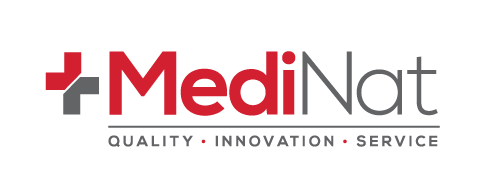
Use of drugs in the workplace has become an area of increasing concern for employers and employees across Australia. Employees’ use of drugs presents a number of challenging legal, ethical and safety issues that employers are oftentimes forced to grapple with. How these issues are resolved will ultimately have a profound impact on the work environment, particularly workplace safety and the overall reputation of the employer.
There are two main tools that Australian employers can use to mitigate the negative effects of employee drug use. The first is to create a workplace drug policy that conforms with all current laws while carefully taking into account the unique needs of the workplace in question. The second is to implement some form of onsite drug testing, which can conclusively show which employees are complying with workplace drug rules and which are presenting ongoing risks to operational performance and safety.
Australian employers have an obligation to ensure the safety of workers and customers
Most Australians are familiar with the fact that certain industries are regulated to engage in compulsory drug testing, including airlines, railroads, over-the-road trucking companies and, recently, the construction industry. But what many small business owners and other smaller employers outside of these fields may not be aware of is that they are bound by Australian Law to ensure that they are doing everything in their power to maintain a safe workplace for their employees as well as a safe environment for their customers. This means that, in most cases, employers should take the time to develop a workplace drug policy that addresses the major issues that are specific to their company and industry.
Australian workplace drug testing laws are designed for the good of everyone
The idea of random workplace drug testing has long been framed by opponents as an archetypal class flashpoint, pitting management against workers. But reality is just the opposite: Creating a healthy and safe workplace should be the common goal of everyone.
The Australian government has developed guidelines that help employers to comply with the Occupational Health and Safety Act, also known as OHS. One of the key recommendations that the government has issued when developing drug testing policies in the workplace is that all employees are not just kept abreast of any new policies or changes to existing policies but that they are also brought into the fold and actively consulted in the crafting of those workplace policies.
Each workplace will have different needs when it comes to drug testing and compliance. Regardless of the level of drug-use restriction and policy enforcement, all employees should understand that the purpose of drug and alcohol policies is to keep the workplace safe, productive and fair to everyone on the job.
In many industries, drug and alcohol use that results in direct on-the-job intoxication can create potentially lethal risks, not just for the person under the influence but also for every coworker who relies on their ability to competently perform their job. But workplace drug and alcohol abuse can cause many other less-serious problems as well.
Employees may feel pressured to pick up the slack for their drug-influenced peers when the latter cannot adequately perform the tasks at hand. Alcohol or drug use is also a major driver of absenteeism as well as so-called presenteeism, which refers to employees who are physically present on the job but are in a mental or physiological state that is incompatible with adequate job performance.
All told, drug and alcohol misuse are a huge source of costs, both physical and psychological, in the workplace. It should be the goal of all well-crafted workplace drug-and-alcohol testing and mitigation policies to minimize these effects where they cannot be outright eliminated.
Company drug policies should always first be about helping people
When it comes to ensuring a safe and productive workplace, it is important to first understand the goals of any drug-use mitigation program so that the correct enforcement tools can be selected. It should be noted that the most appropriate use for drug testing is generally not in the role of catching employees red-handed as part of some cathartic dispensation of an institutional malady. Rather, the best spirit of drug testing is in the role of deterrence.
In fact, the Australian government emphatically advocates for the abandonment of any punitive overtones in company drug policies. It is instead recommended that any employee who is non-compliant with a company’s drug or alcohol policy be given up to four chances to correct their transgressive behaviour. In this way, drug-testing policies are squarely aimed at helping employees to make the right choices rather than forcing them to avoid the wrong ones.

